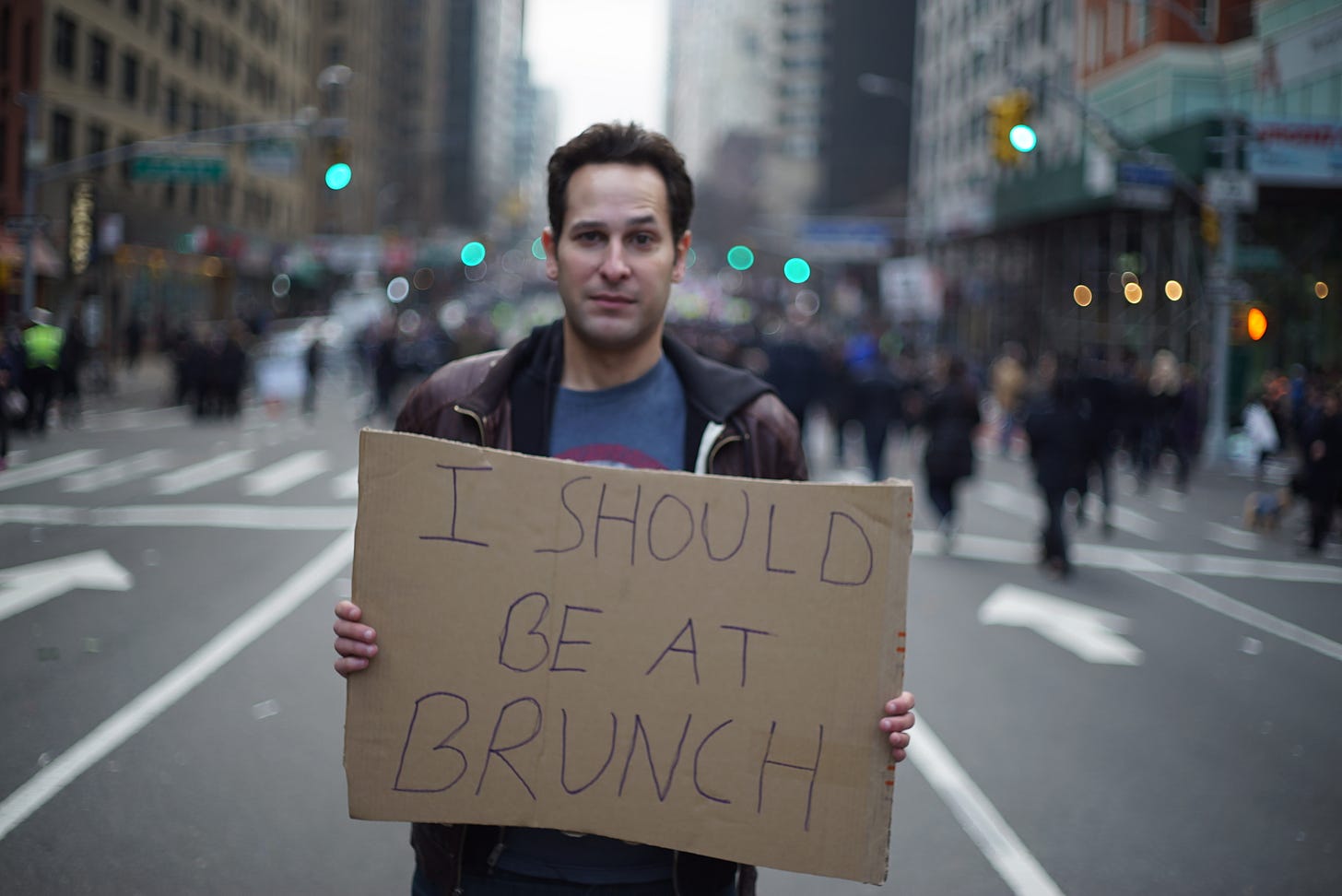UCLA Chinese Student Loses Visa After Pro-P[you-know-the-country] Rally and TPS ends for Venezuelans
Universities discourages Students to think Critically, and the U.S. tells Venezuelans President Maduro is much nicer now.
As this Substack has consistently stated, Non-citizens and yes, Student Visa holders have the right to peaceful protest under the First Amendment, which protects freedom of speech, assembly, and expression. However, their immigration status adds a layer of complexity. In theory, Liu Lijun did nothing wrong constitutionally when she organized a peaceful protest at the UCLA protest.
Yes, you may argue about whether the protest was peaceful or not, but I would opine that it was objectively not unpeaceful.1
But the debate here is not about the limitations of the U.S. Constitution as it pertains to protest.
Neither are the other considerations of a student F-1 student visa-holder in debate here. Yes, Student Visa holders must adhere to their University’s Code of Conduct: Schools may have rules against certain activities that could impact a student's visa status if disciplinary action leads to suspension or expulsion. Likewise, the F-1 program prohibits students from engaging in unlawful activities (e.g., riots, property destruction).
Indeed, prior to Law School, when I was an F-1 student visa holder, we were not allowed to be on Academic Student probation, have long continuous absences, or date white women.2
And I should note: laws against protesting wars in certain Middle Eastern regions began under the Biden administration. It’s only that the Trump administration in full force decided to enforce such laws.3
Democrats incrementally forward laws that will provide them the least pushback, whether it’s passing a law they know will be overturned by the courts [every immigration law in the Biden Administration] while, Republicans will pass every law in mere mentioned amplified by a hundred times.So what should Liu do? Not Much
In theory, she could challenge the revocation, by requesting Reconsideration from the U.S. Embassy/Consulate if she is outside the country. If she is in the U.S., she could challenge the determination through USCIS or ICE via her immigration attorney if there was no misconduct of University Policy - her school may also advocate on her behalf.
All while understanding that the Department of State has wide discretion in revoking visas.
If she is in the country and there is a subjective and objective prospect of harm should she return to China, then she may apply for asylum.
But there is a larger issue looming here beyond the First Amendment. Stretching the elasticity of our constitution for du jour politics can infer a nation of arbitrary laws. How will such instability manifest in this nation?
US Ends TPS for Venezuelans with the Assurance that President Maduro is No Longer Murdering as Many Anymore.
Kristi Noem is now the 8th United States Secretary of Homeland Security.
If you recall, Kristi Noem, the former Governor of South Dakota, shot her 14-month-old dog, Cricket, because Cricket had misbehaved during a hunting trip, and allegedly bit her. She also shot her family goat because he was aggressive.4
Anyway, Secretary Noem has determined that conditions in Venezuela no longer support the 2023 designation of Venezuela for Temporary Protected Status (TPS), and as such has ended TPS for over 300,000 Venezuelans.5
Former 7th Secretary of Homeland Security, Alejandro Mayorkas, previously in January 2025 extended Temporary Protected Status (TPS) for Venezuelan nationals for 18 months, citing "extraordinary and temporary conditions" that prevented their safe return to Venezuela.6
According to the State Department, the extraordinary and temporary conditions included significant human rights violations under President Nicolás Maduro's administration. The violations included: extrajudicial killings and arbitrary detentions, detention without due process, and some were subjected to torture.7
Other human rights violations included: suppression of political dissent, with over 2,200 individuals detained amid civil unrest, with many facing severe physical and psychological torture.
As a result, a significant portion of the Venezuelan population experiences severe food insecurity, and the public health system is in a state of collapse.
But within a month, Secretary Noem eliminated the program.8
Does that mean Venezuelans will have to go back? No. Not if Maduro is still in power, and the State Department deems him and his administration still as dangerous. Venezuelans may be able to claim asylum.
Under U.S. law, following the 1951 Refugee Convention and its 1967 Protocol, asylum seekers may seek asylum if they show a real and credible fear of persecution in their home country. They must also show that their fear is based on past persecution or a reasonable likelihood of future persecution.
It’s not straightforward, but the bones are there under international law. Ironically, this policy shift may push more Venezuelans toward asylum, making Green Cards more accessible through other legal pathways.
Still, whether you agree with Secretary Noem’s decision or not, these day-after revisions are just bad policy. If people believe laws are unstable or arbitrarily enforced, they are more likely to lose faith in democracy, leading to apathy or extremism.
Wait, that’s already happened.
Jokes. I was dating gaggles of white women.
https://www.pbs.org/newshour/politics/house-passes-bill-to-expand-definition-of-antisemitism-amid-growing-campus-protests-over-gaza-war
https://www.uscis.gov/newsroom/alerts/dhs-terminates-the-2023-designation-of-venezuela-for-temporary-protected-status
https://www.state.gov/countries-areas/venezuela/
February 2025 to be exact.




